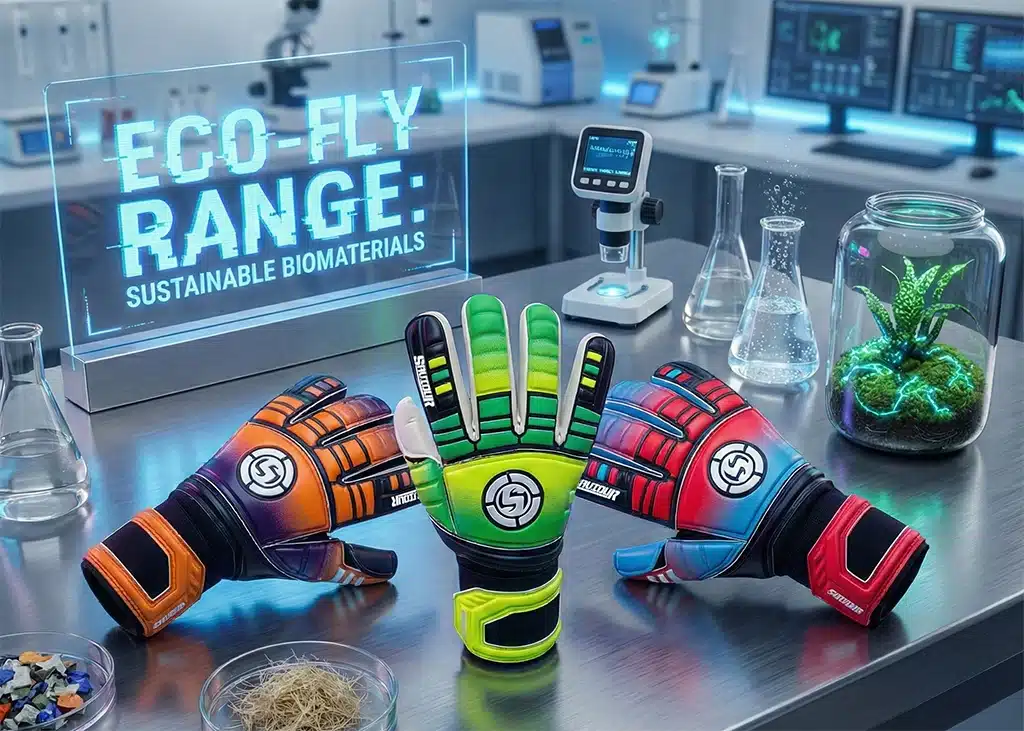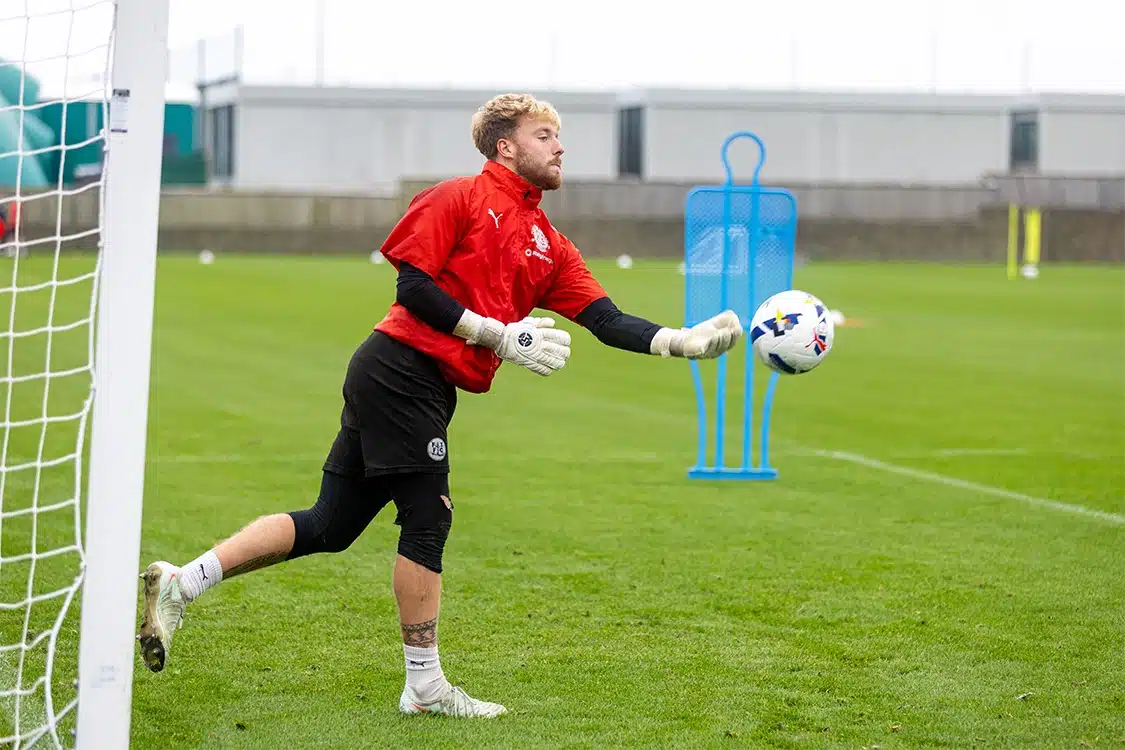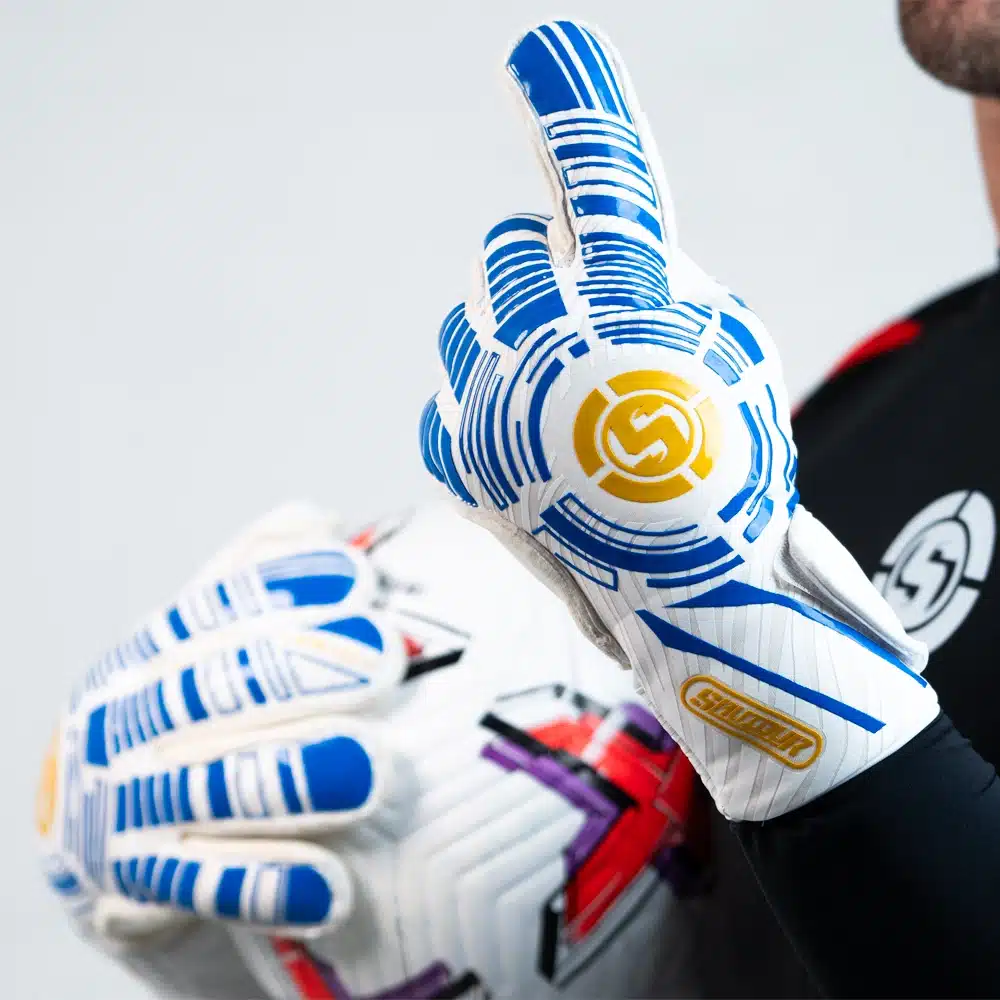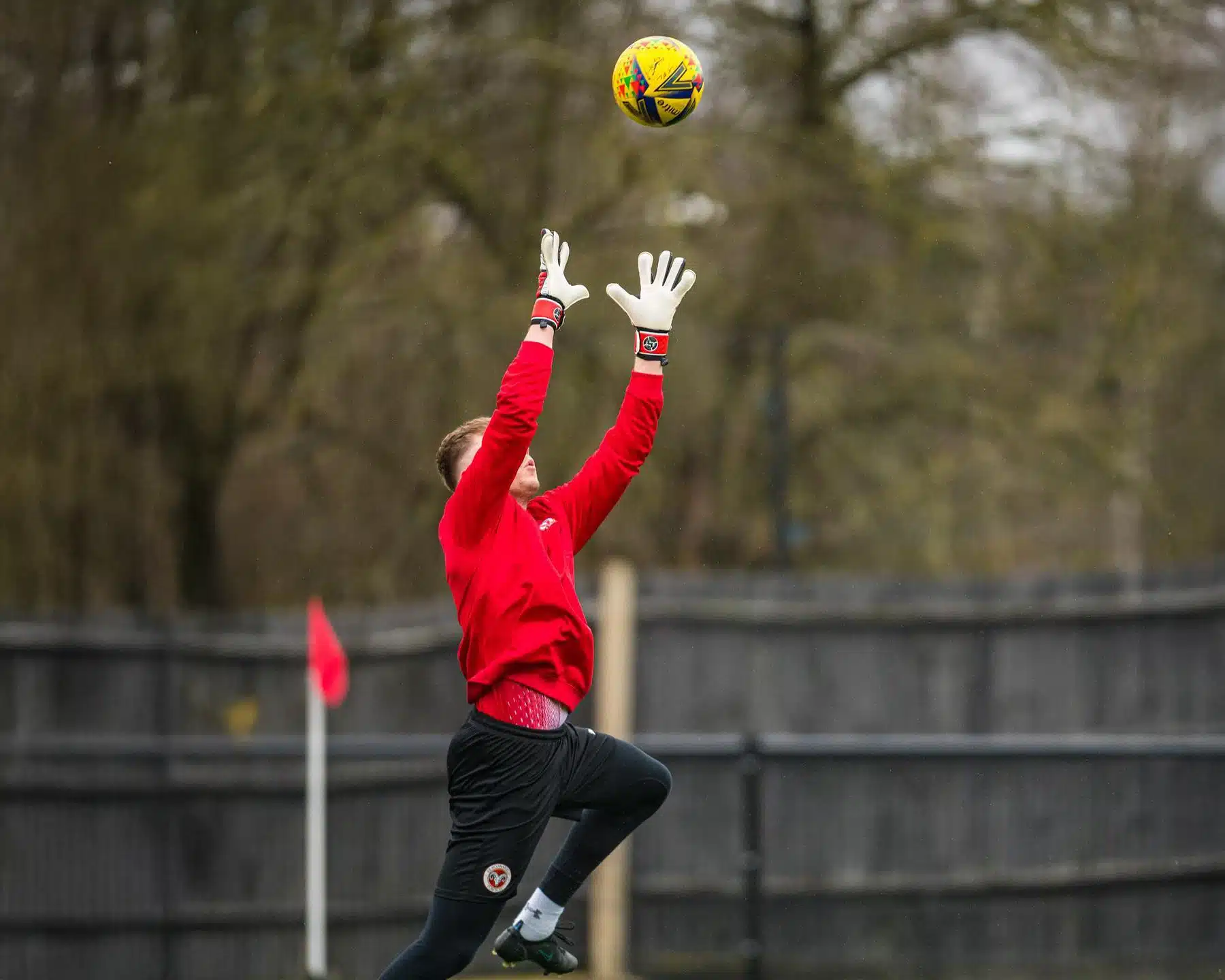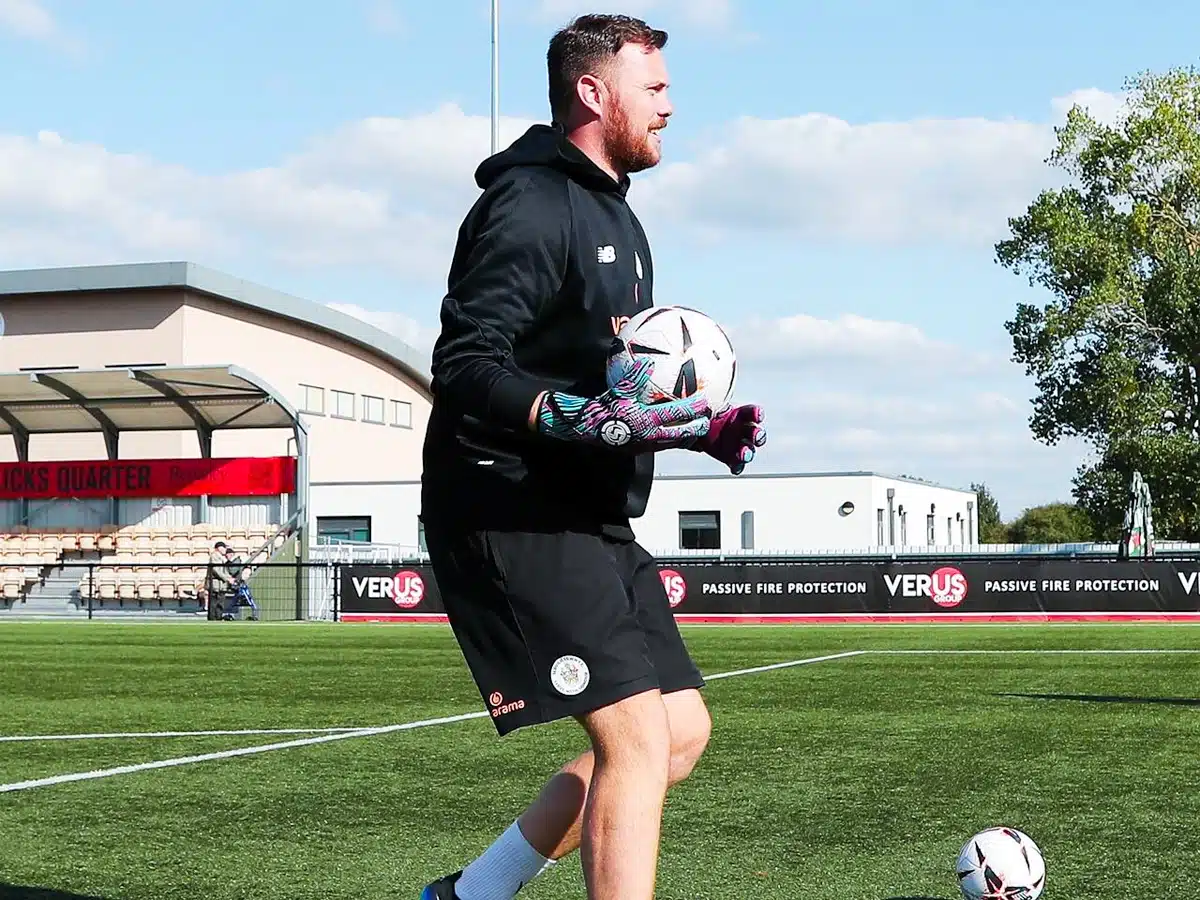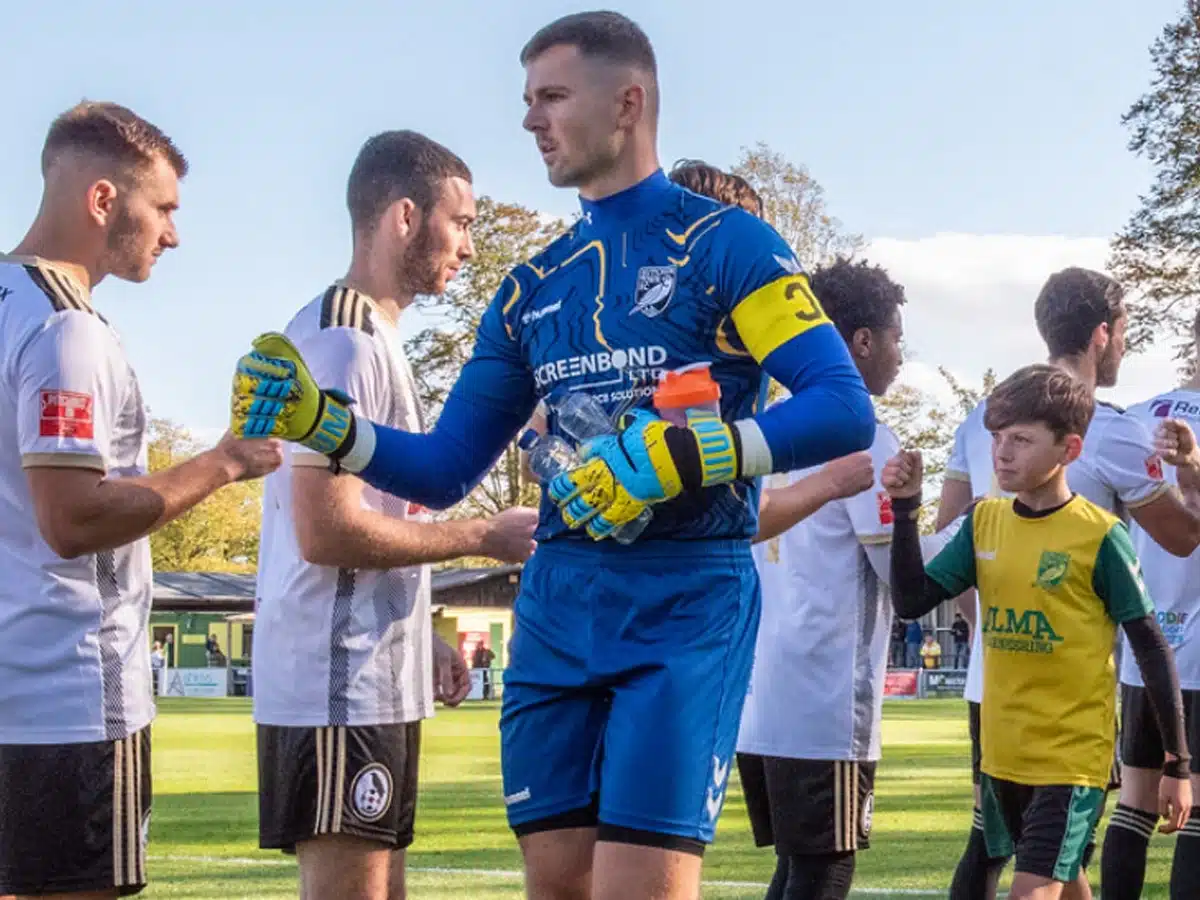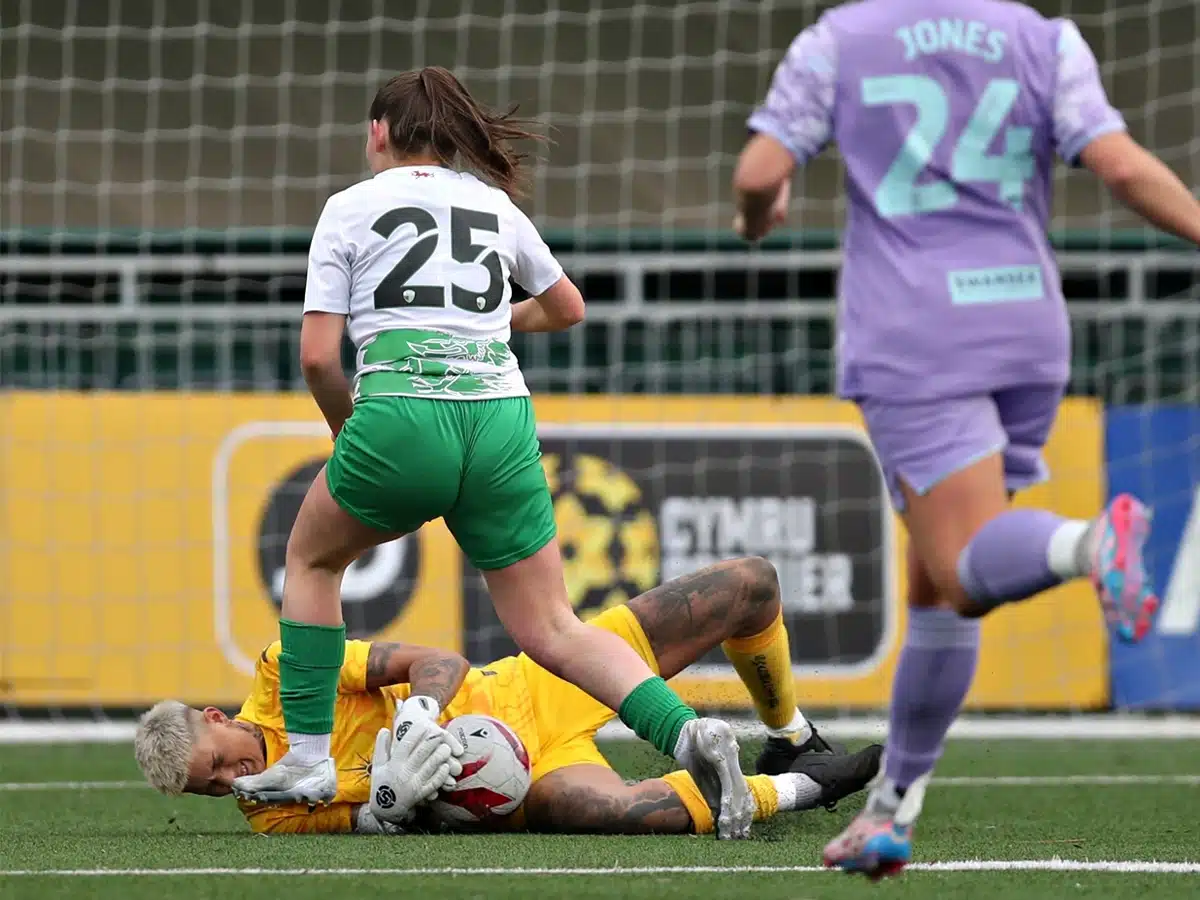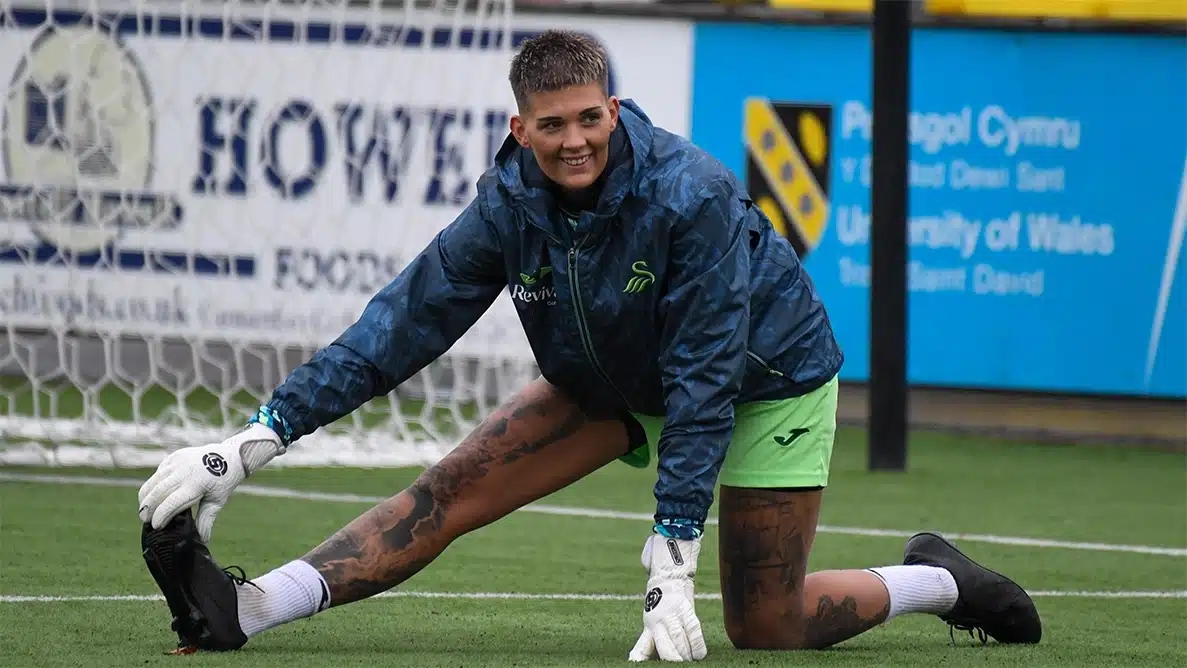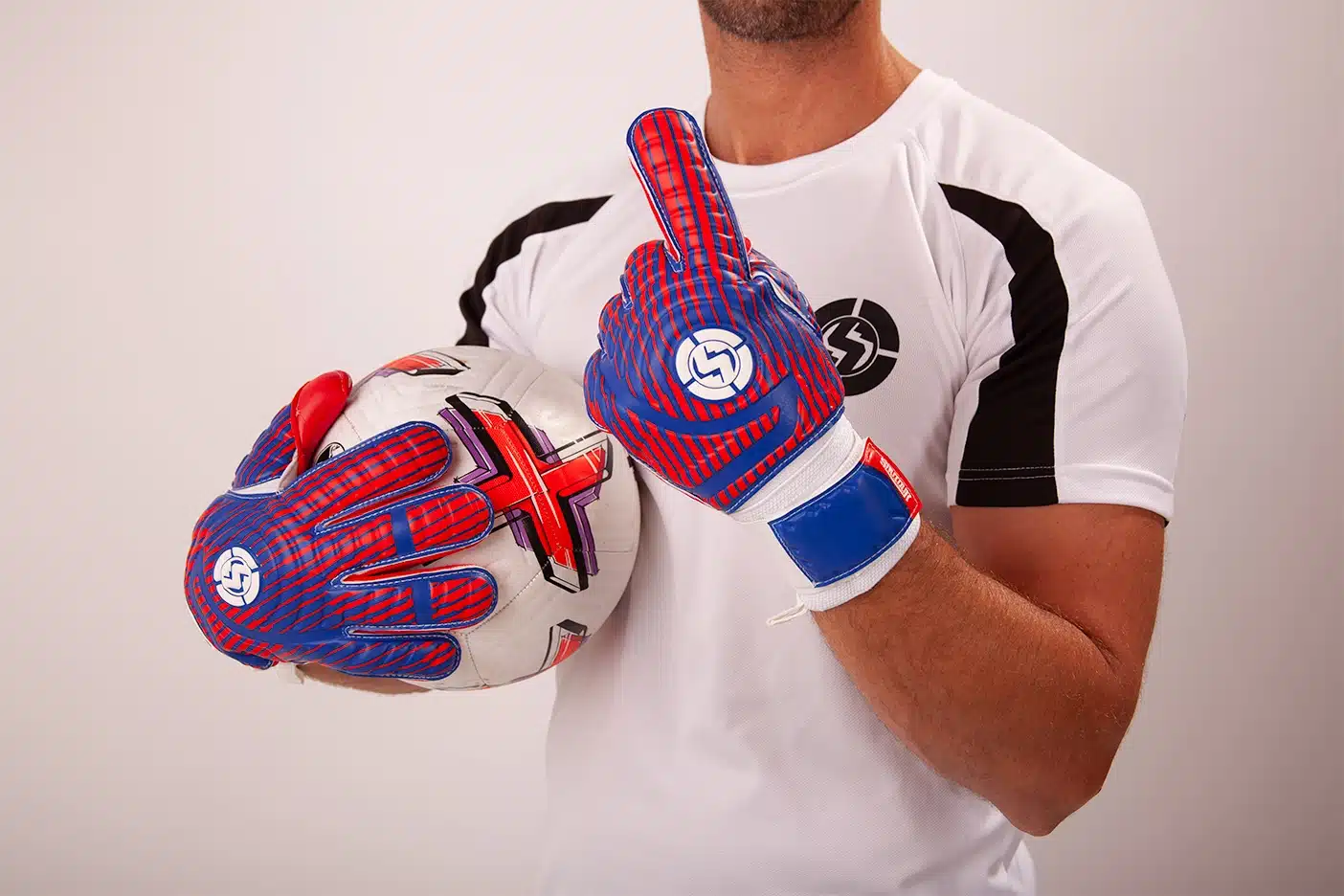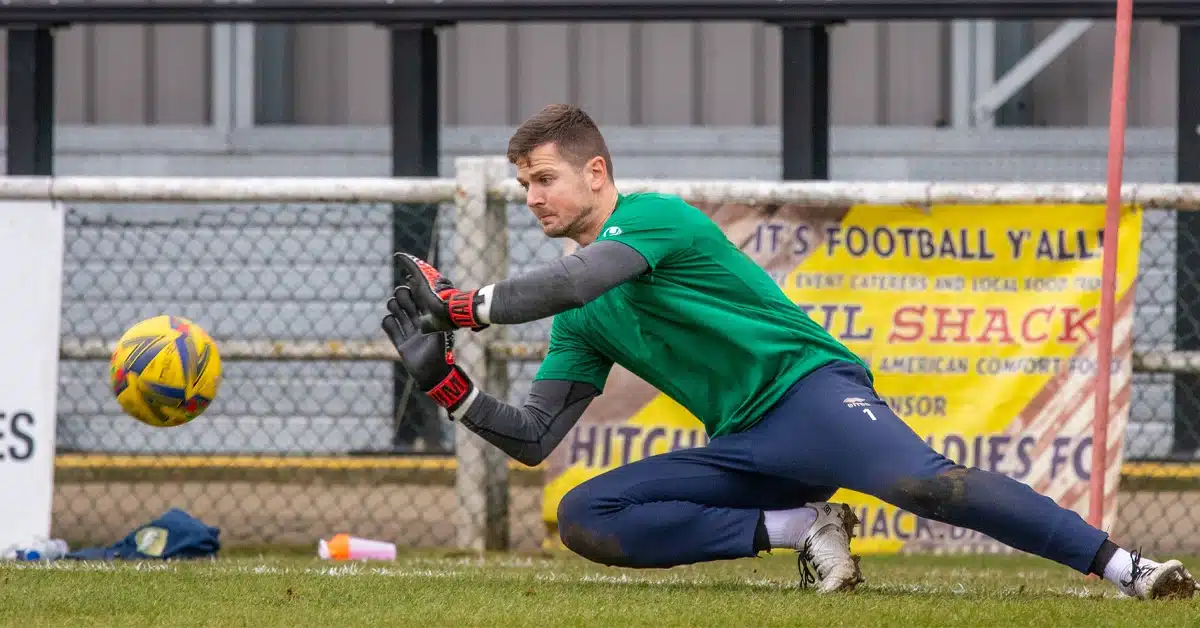7 Ways for Goalkeepers to Beat the Heat

Beat the heat! Learn how goalkeepers stay cool and hydrated during intense summer games.
Playing as a goalkeeper in the scorching heat of summer presents unique challenges. The intense sun and high temperatures can impact performance and increase the risk of dehydration and heat-related illnesses. Here are seven effective strategies to help goalkeepers stay cool and perform at their best during the hottest months.
1. Stay Hydrated
Hydration is crucial for goalkeepers playing in the heat. Drinking plenty of water before, during, and after games is essential to replace fluids lost through sweat. Carry a water bottle and take frequent sips throughout training sessions and matches to maintain hydration levels. You might also think about having an electrolyte drink, as this will help you to uptake water and retain fluids.
2. Wear Appropriate Gear
Invest in lightweight, breathable goalkeeping gear that supports sweat evaporation and helps maintain body temperature. Wear jerseys and shorts specifically designed with moisture-wicking fabrics to keep you cooler under the sun.
3. Use Sunscreen
Protect your skin from harmful UV rays by applying a broad-spectrum sunscreen with an SPF of 30 or higher. Reapply every two hours, especially if you’re sweating heavily. Don’t forget areas like the back of the neck, which are frequently exposed to direct sunlight.
4. Adapt Your Training Times
Whenever possible, schedule training sessions during cooler parts of the day. Early mornings or late afternoons are ideal times to avoid the peak heat hours. If you must train mid-day, try to find a shaded area or use indoor facilities.
5. Cool Down Properly
Utilize cooling techniques such as cold towels, ice packs, or misting fans on the side lines during breaks. Placing a cold towel around your neck, wrists, or over your head can help lower your body temperature quickly.
6. Monitor Weather Conditions
Stay informed about the weather forecast and be aware of humidity and heat index warnings. High humidity can hinder sweat evaporation and make body cooling less efficient, so extra precautions may be necessary on particularly humid days.
7. Listen to Your Body
Pay attention to the signs of heat exhaustion, which can include dizziness, headache, muscle cramps, nausea, and excessive sweating. If you start to feel any of these symptoms, decrease your activity level, move to a cooler place, and hydrate immediately. Always communicate with your coach or trainer if you feel unwell.
Goalkeeping in the heat requires careful preparation and awareness of your body’s needs. By staying hydrated, wearing the right gear, and using smart strategies to manage the heat, you can maintain peak performance and safety throughout the summer season. Remember, beating the heat is not just about enduring it; it’s about preparing smartly and respecting your body’s limits.
For more insights on goalkeeping essentials and to find your perfect pair of gloves, visit our Goalkeeper Glove Shop or for more in depth information check out our Glove Cut page, Size Guide, or Glove Care Section.
Other Relevant Article: The 10 Commandments of SAVIOUR GK


